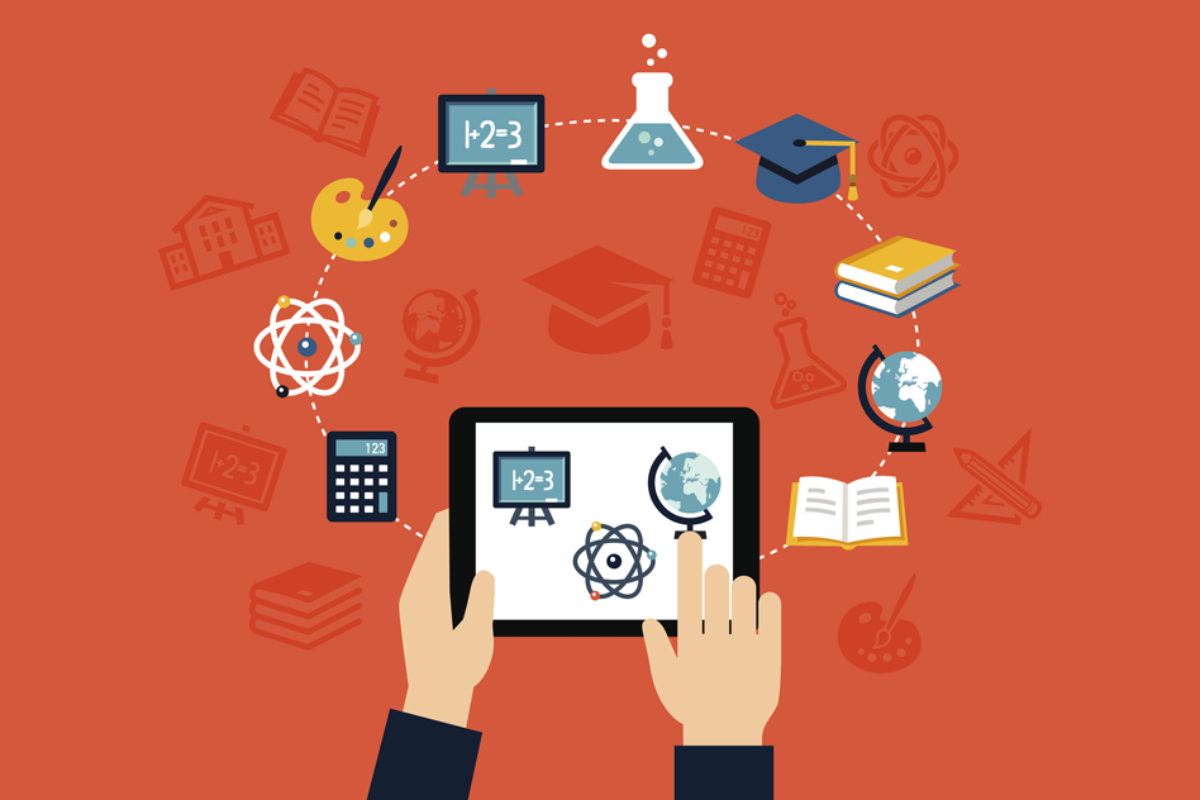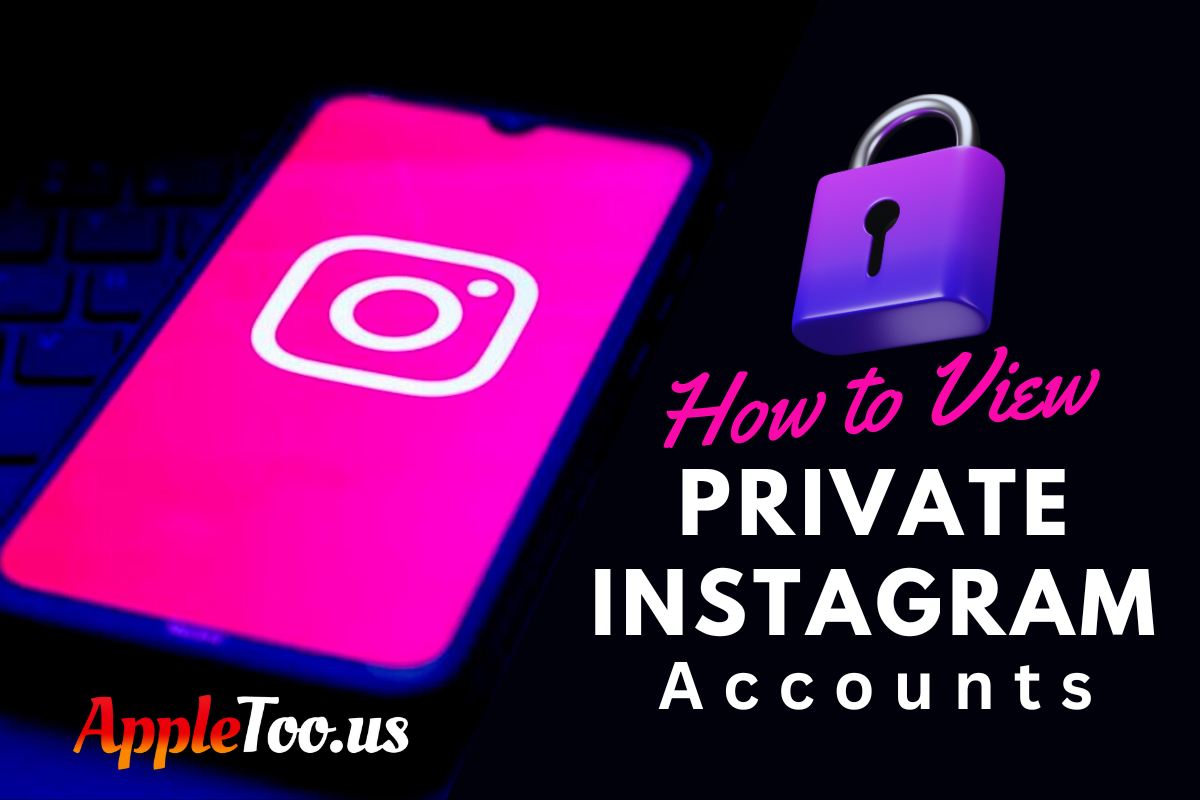In this fast-paced digital age, educational apps have become a ubiquitous tool for both students and lifelong learners.
These mobile applications provide a wide array of interactive and captivating learning experiences, completely transforming the way we acquire knowledge.
In this article, we will delve deep into the concept of educational apps, explore their diverse types and functionalities, discuss the myriad ways in which they benefit users, shed light on the indispensable elements of how to develop an educational app, and offer a few valuable tips for those contemplating the development of their own.
Table of Contents
ToggleRevealing The Concept Of An Educational App
Educational apps are software applications designed to facilitate and elevate the learning process.
These apps cater to a wide range of subjects, age groups, and learning styles.
Whether it’s mathematics, language acquisition, science, or art, educational apps provide an abundance of interactive content and captivating activities.
Types And Purposes Of Educational Applications
Educational apps encompass various types, each serving a unique purpose:
- Subject-Specific Apps: Focused on specific academic subjects, these apps offer in-depth knowledge and ample practice opportunities.
- Language Learning Apps: Geared towards assisting users in mastering new languages, these apps provide lessons on vocabulary, grammar exercises, and interactive conversations.
- Skill Development Apps: Aimed at enhancing specific skills such as critical thinking, problem-solving, creativity, and time management.
- Test Preparation Apps: Aid students in preparing for standardized tests by offering practice exams, study guides, and performance tracking.
- Augmented Reality (AR) and Virtual Reality (VR) Apps: Exploit immersive technologies to create simulated environments that allow users to explore concepts and scenarios firsthand.
- Gamified Learning Apps: Infuse game elements into the learning process, making it more enjoyable and motivational.
How An Educational App Benefit Users
Educational apps bring forth numerous advantages for users, making them an invaluable tool in the realm of learning.
Let’s delve deeper into some key benefits:

Convenience And Accessibility
One of the most prominent advantages of educational apps is the unparalleled convenience and accessibility they provide.
Traditional learning methods often necessitate physical presence in specific locations, such as classrooms or libraries.
However, educational apps break free from such constraints by enabling learning anytime and anywhere.
Whether you find yourself on a bus, at home, or even traveling, educational content and engaging learning activities are just a few taps away on your smartphone or tablet.
This flexibility empowers individuals to seamlessly incorporate learning into their daily routines, maximizing their time and productivity.
Personalized Learning
Every individual possesses a unique learning style and pace.
Educational apps acknowledge this diversity and offer personalized learning experiences.
Leveraging advanced algorithms and adaptive technologies, these apps discern users’ strengths, weaknesses, and preferences.
By meticulously analyzing user interactions and performance, these apps customize the content and difficulty level to match individual needs.
This personalized approach ensures that learners receive tailored instruction, enabling them to grasp concepts more effectively and progress at their own pace.
Interactive and Engaging Content
Conventional learning methods often rely on textbooks and lectures, which can be dull and monotonous.
On the contrary, educational apps inject interactivity and engagement into the learning process.
Incorporating multimedia elements such as videos, animations, interactive quizzes, and gamified features, these apps make learning an enjoyable and immersive experience.
By integrating elements of play and exploration, educational apps captivate users’ attention and motivate them to actively participate in the learning journey.
This heightened engagement leads to increased focus, improved information retention, and a profound understanding of the subject matter.
Progress Tracking and Assessment
Educational apps feature built-in functionalities for progress tracking and assessment, allowing users to monitor their learning journey.
These features offer valuable insights into individual performance, strengths, and areas that require improvement.
Users can conveniently view their scores, completion rates, and the time spent on various activities.
The ability to track progress fosters a sense of accomplishment and spurs learners on to set and achieve their goals.
Moreover, many apps provide detailed analytics and performance reports, enabling users to pinpoint specific areas of weakness and tailor their learning approach accordingly.
Functionalities And Examples Of Educational Apps
An educational app offers an extensive range of functionalities, including:
- Interactive Lessons: Apps provide interactive lessons that incorporate multimedia content, ensuring effective comprehension.
- Practice Exercises: Apps offer a multitude of practice exercises and quizzes to reinforce learning and assess understanding.
- Progress Monitoring: Users can effortlessly monitor their progress, access performance statistics, and receive timely feedback to gauge their learning journey.
- Communication Channels: Many apps facilitate communication between learners and educators, fostering discussions and the clarification of doubts.
Prominent examples of educational apps include Duolingo, an interactive language learning app; Khan Academy, which offers an extensive array of subjects and lessons; and Quizlet, a platform providing flashcards and study materials for various topics.
Key Elements For Creating An Educational App
To build a successful educational app, consider the following elements:

- Clear Educational Goals: Define the desired learning outcomes and objectives that the app aims to achieve.
- User-Friendly Interface: Ensure that the app boasts an intuitive and user-friendly interface, facilitating seamless navigation and interaction.
- Engaging and Interactive Content: Incorporate multimedia elements and interactive activities to keep users engaged and motivated.
- Personalization Options: Provide customization features that cater to individual learning preferences and adapt to varying skill levels.
- Progress Tracking and Assessment: Include features that allow users to track their progress and receive timely feedback for continuous improvement.
Tips For Creating An Educational App
For those contemplating the development of their own educational app, here are a couple of invaluable tips:
- Conduct thorough market research to identify gaps and trends in an educational app landscape.
- Collaborate with educators and subject matter experts to ensure the accuracy and relevance of the app’s content.
- Continuously gather user feedback and update the app based on their needs and suggestions.
- Invest in a visually appealing and responsive design to enhance the user experience.
- Implement robust security measures to safeguard user data and ensure privacy.
Conclusion
Educational apps have revolutionized the learning landscape, providing accessible, interactive, and personalized learning experiences.
Whether it involves acquiring new skills, preparing for exams, or expanding knowledge, these apps offer a plethora of possibilities.
By comprehending the types, functionalities, and essential elements for creating an educational app, individuals can harness the power of technology to unlock their full learning potential in the digital age.
So why wait?
Dive into the world of educational apps and embark on a journey of knowledge and growth!











